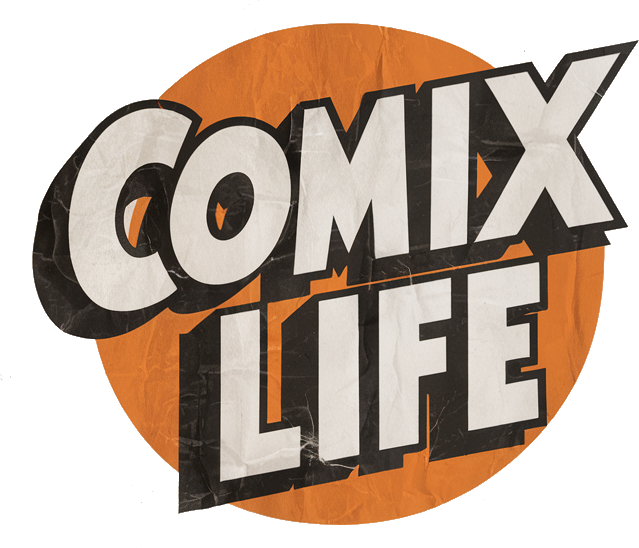In the world of comics, female superheroes have risen to remarkable heights, captivating audiences with their strength, resilience, and inspiring stories. Beyond the pages, female creators have also made significant contributions, shaping the industry and breaking barriers. In this article, we celebrate women in comics, both in front of and behind the scenes, recognizing their impact, representation, and the importance of their voices in shaping the comic book landscape.
The Rise of Female Superheroes
Over the years, female superheroes have evolved from supporting characters to powerful protagonists with their own compelling stories. Characters such as Wonder Woman, Captain Marvel, Black Widow, and Ms. Marvel have become iconic symbols of empowerment, showcasing the strength and courage of women in the face of adversity. These characters have inspired readers of all ages and genders, promoting inclusivity and representation in the comic book world.
Breaking stereotypes
Female superheroes have been instrumental in breaking gender stereotypes and challenging societal norms. They have shown that strength, intelligence, and heroism are not exclusive to male characters. By showcasing diverse personalities, abilities, and backgrounds, female superheroes have shattered traditional expectations and provided readers with relatable and diverse role models.
Women Behind the Scenes
The contributions of women behind the scenes in the comic book industry cannot be overlooked. Female writers, artists, editors, and publishers have made significant strides, bringing fresh perspectives and innovative storytelling techniques. From Gail Simone to Kelly Sue DeConnick, these talented creators have crafted compelling narratives, explored complex themes, and added new dimensions to beloved characters.
Representation Matters
Representation is a vital aspect of comics, and women creators have played a pivotal role in ensuring diverse and authentic portrayals of women in the medium. Their unique perspectives have contributed to more nuanced and realistic characters, addressing social issues and highlighting the experiences of women from diverse backgrounds. By championing inclusivity, women in comics have paved the way for greater representation and empowered readers to see themselves reflected in the stories they love.
Inspiring future generations
The impact of female superheroes and creators extends beyond the comic book pages. Their influence reaches young readers and inspires future generations of artists, writers, and fans. Seeing women take the lead as superheroes and storytellers encourages young girls to pursue their passions and believe in their own potential. The portrayal of strong, diverse female characters fosters a sense of empowerment and instills the belief that anyone can be a hero.
Recognize achievements
It’s important to recognize and celebrate the achievements of women in comics. Awards such as the Eisner Awards for Best Writer/Artist, the Inkpot Award, and the Women in Comics Hall of Fame honor the outstanding contributions of women creators in the industry. These accolades help elevate their work and highlight the valuable impact they have made.
Diverse Perspectives
Women in comics have brought diverse perspectives to storytelling, offering fresh insights and unique approaches to character development. Their experiences, backgrounds, and viewpoints help create more authentic and well-rounded female characters. This diversity of voices enriches the storytelling landscape, making comics more inclusive and reflective of the real world.
Collaborative Efforts
Female creators often collaborate with male writers, artists, and editors, fostering a dynamic and inclusive creative environment. These collaborations lead to the exploration of multidimensional female characters and storylines that resonate with a wide range of readers. The combination of diverse talents and perspectives results in rich and compelling stories.
Pushing boundaries
Women in comics have been at the forefront of pushing boundaries and challenging traditional norms. They have tackled sensitive subjects, addressed social issues, and started conversations through their storytelling. By fearlessly exploring complex subjects, they have expanded the possibilities of what comics as a medium can achieve.
Community Building
Women creators and fans have built vibrant and supportive communities within the comics industry. Through conventions, online platforms, and fan events, they have created spaces where women can connect, collaborate, and celebrate their shared love of comics. These communities provide a supportive network for aspiring creators and serve as a platform for showcasing their work.
Intersectional representation
Women in comics have played a pivotal role in highlighting the importance of intersectional representation. They have advocated for the inclusion of diverse identities, such as women of color, LGBTQ+ people, and people with disabilities. By amplifying these voices, they have expanded narrative possibilities and fostered a more inclusive and representative comics landscape.
Mentorship and Support
Many accomplished women in comics actively participate in mentorship programs and support emerging talent. They provide guidance, advice, and opportunities to aspiring creators to help them navigate the industry and develop their skills. This mentorship fosters a sense of community and encourages the next generation of female creators to pursue their passions.
Impact on Other Media
Women in comics have not only influenced the comics industry, but have also had a significant impact on other forms of media. The success of female-led comic book adaptations in film and television, such as “Wonder Woman” and “Captain Marvel,” has demonstrated the marketability and appeal of diverse storytelling. This success has opened doors for more female-driven projects and increased representation in mainstream media.
Continued progress
While significant progress has been made, there is still work to be done to achieve full gender equality in the comics industry. Supporting and promoting the work of women in comics, advocating for equitable representation, and challenging gender bias are ongoing efforts that require the collective support of creators, publishers, and fans.
In Conclusion
Women in comics have played an integral role in shaping the industry, both as superheroes and as talented creators. They have broken barriers, challenged stereotypes, and inspired readers around the world. By celebrating the contributions of female superheroes and creators, we recognize the importance of representation, diversity, and inclusivity in the comic book world. As we move forward, it is critical to support and elevate the voices of women in comics, ensuring that their stories and talents continue to enrich and evolve the medium for generations to come.
